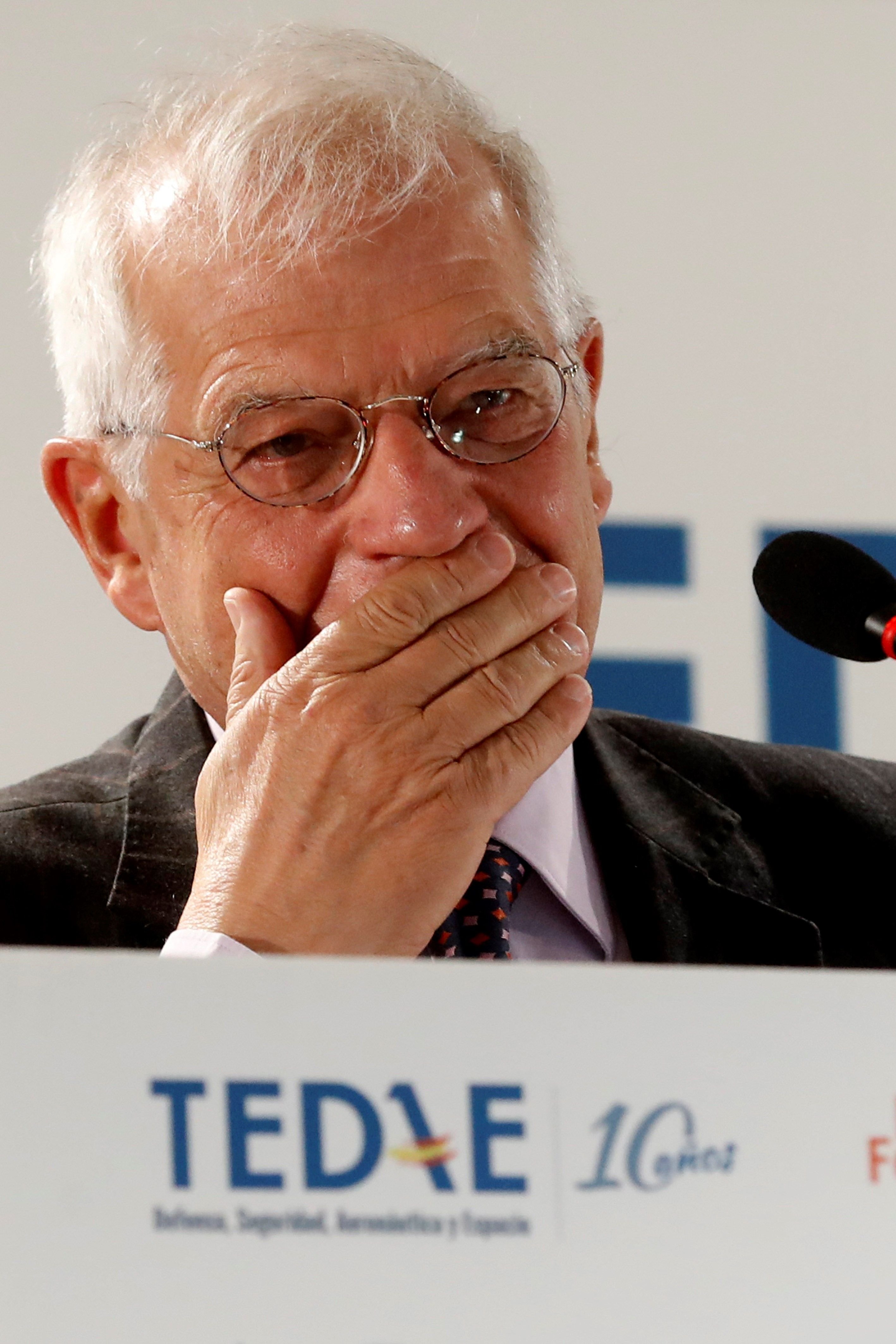The Spanish government has come to the defence of its former foreign minister Josep Borrell over an allegation that he gave "unconstitutional orders" to the then Spanish consul in Edinburgh.
The controversy erupted in June last year, when Miguel Ángel Vecino, Spanish consul in the Scottish capital, was abruptly dismissed after he had said that Spain would not veto Scotland's entry to the European Union in the event of its independence. In November, the ex-consul stated that Borrell had given him orders that were contrary to the Spanish Constitution.
In a letter to Spain's diplomatic representative board, Vecino stated that Borrell "prevented the visit of an all-party delegation from the Catalan Parliament to the Scottish Parliament", in order to avoid any Catalan presence in Scotland before the general elections of 28th April 2019, motivated by the desire to prevent any "electoral damage to the Pedro Sánchez government".
Recently, Jon Iñarritu, MP for the Basque party EH Bildu, showed an interest in the matter via a series of parliamentary questions asking whether "unconstitutional orders" had been issued and whether the foreign ministry intended to investigate the issue.
In its response, the Spanish government closed ranks with Borrell, denying that under any circumstances "instructions, let alone 'orders', which are contrary to the constitution, had been issued", and specifying that among the duties of the consuls is "the promotion of Spanish economic interests where there is no commercial office", assuring that "the instructions received in this case by the Consul General of Spain in Edinburgh were of this type".
ℹ️ El Gobierno niega que Borrell diera órdenes inconstitucionales al cónsul en Edimburgo. Dice que en todo caso, se le dieron instrucciones de tipo económico.
— Jon Inarritu (@JonInarritu) February 14, 2020
Solicitaremos cuáles son ya que se les ha olvidado responder. #PreguntasParlamentarias pic.twitter.com/CKuEEPF6Jc
In a tweet, Iñarritu posted the response, stating that if the instructions were of an "economic" nature, it was necessary to ask what those instructions were, mainly because, as ex-consul Vecino had noted, Borrell prevented a visit from the Edinburgh Chamber of Commerce to Barcelona and another by a delegation of Catalan businesspeople to Scotland, "so that Catalan entreprenuers had no contact with their Scottish counterparts". Such instructions would have indeed been in the economic sphere, but scarcely in line with the spirit or letter of the Spanish Constitution.

